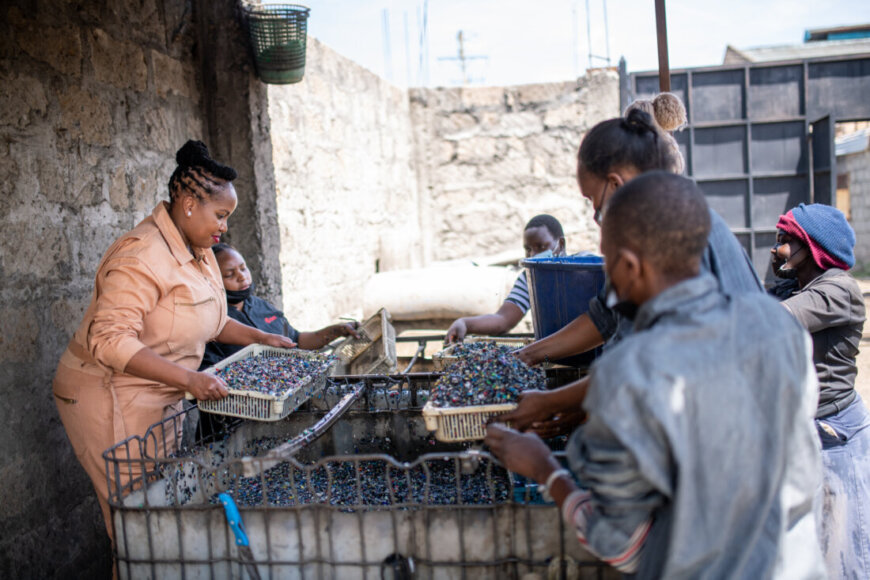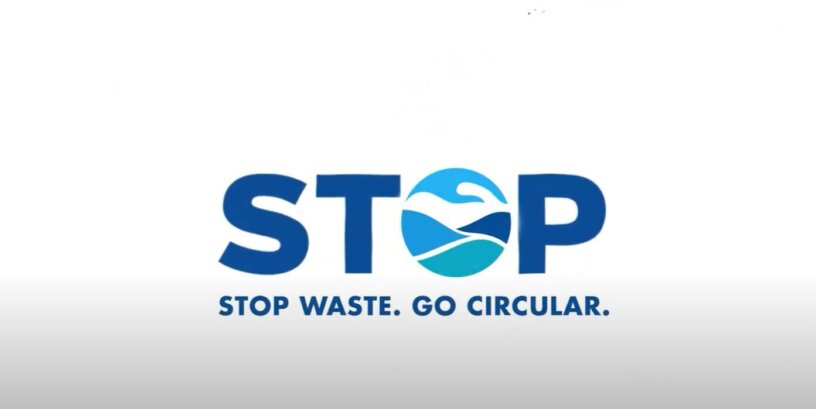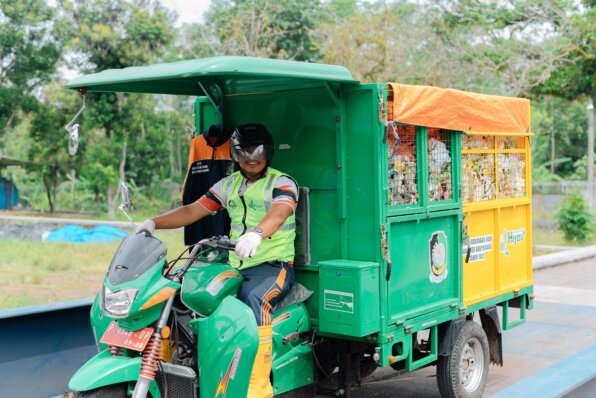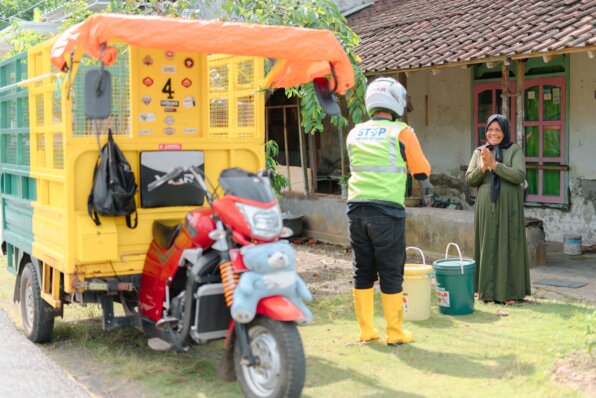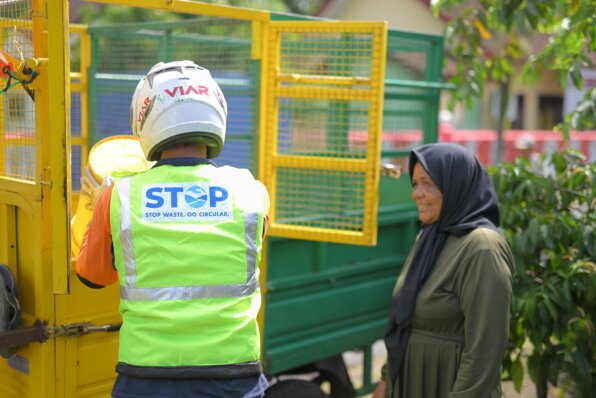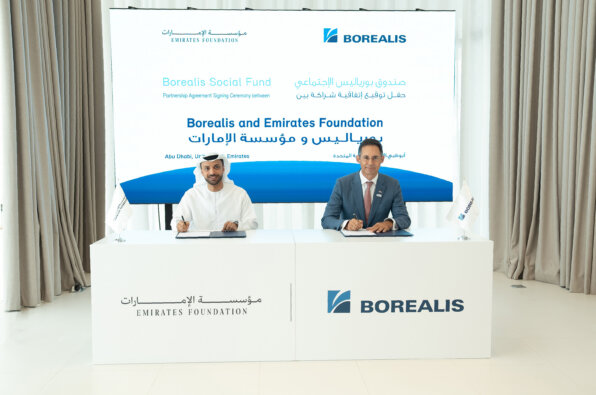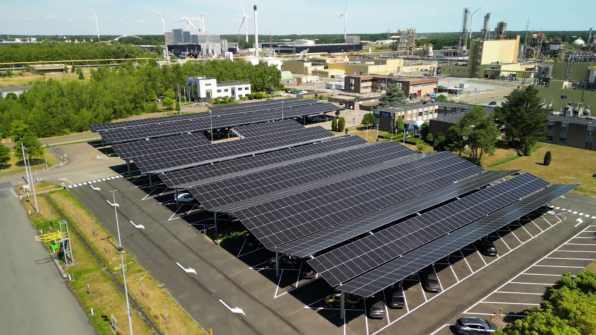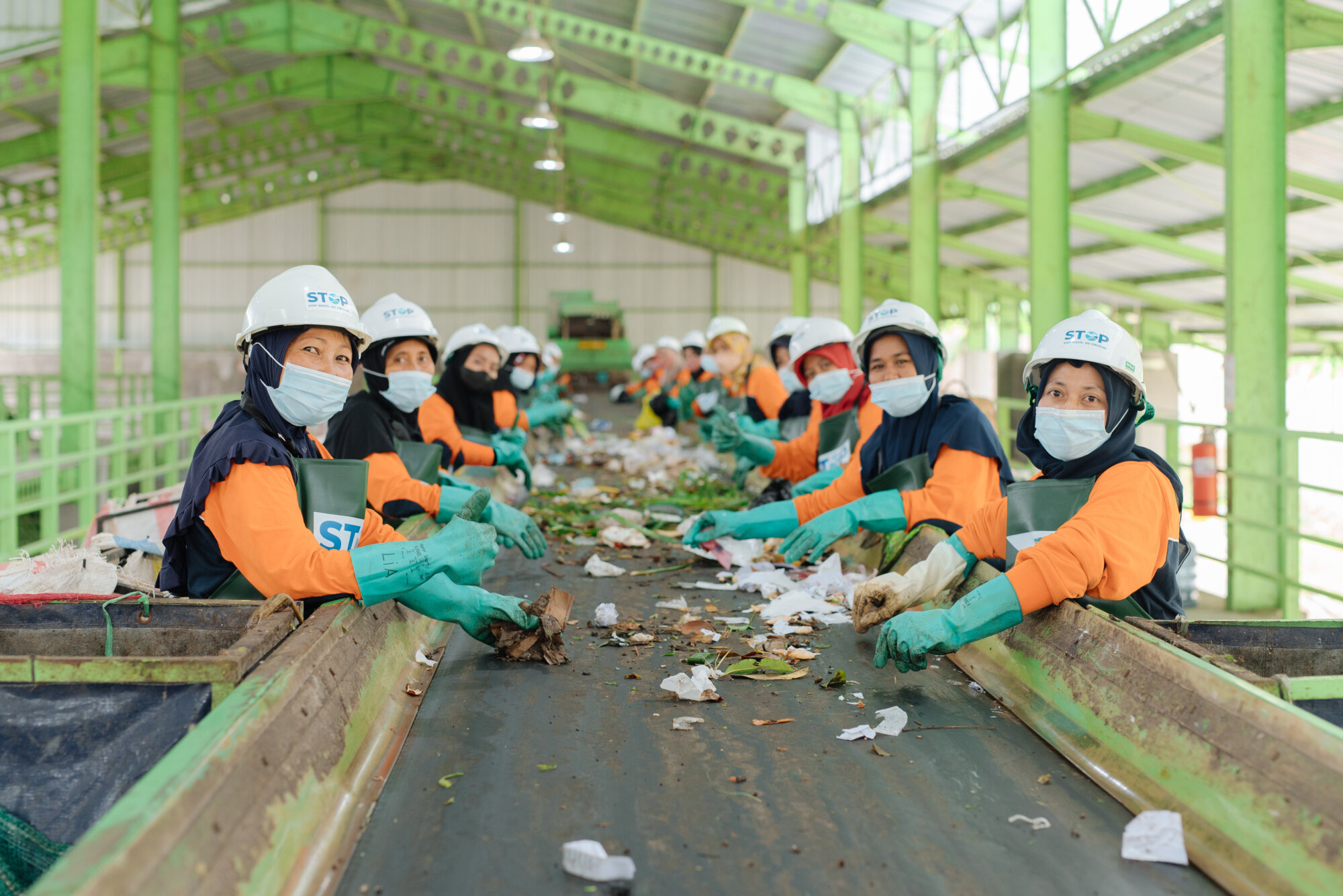
Waste & Resource Efficiency
Plastic waste pollution is one of the most urgent challenges faced by society and the environment. Plastics ending up in the environment harm biodiversity, as well as people’s health and livelihoods.
Addressing this challenge requires financially viable, sustainable and circular waste management systems, where waste is collected, sorted and recycled. Borealis has initiated Project STOP to support the transition into a circular economy with a focus on emerging countries, stopping ocean plastics at source.
-
Project STOP: Stop Waste. Go Circular.
Project STOP was initiated by Borealis and launched together with SYSTEMIQ in 2017. Today it is led jointly by passionate leaders in sustainability, who are united by the same vision: to permanently stop waste leaking into the environment by transforming inadequate linear systems into sustainable, circular ones, creating real impact through action on the ground. Project STOP's objectives are:
- Zero leakage of waste by providing affordable and formal waste collection to all communities.
- Resource efficiency and circularity that transform waste, including plastics, into feedstock for a circular economy.
- Economic sustainability by building efficient systems, selling materials, composting organics and deploying innovative co-financing instruments.
- Benefit for the communities by reducing the impact of mismanaged waste on public health, and by creating hundreds of local jobs in the waste management sector.
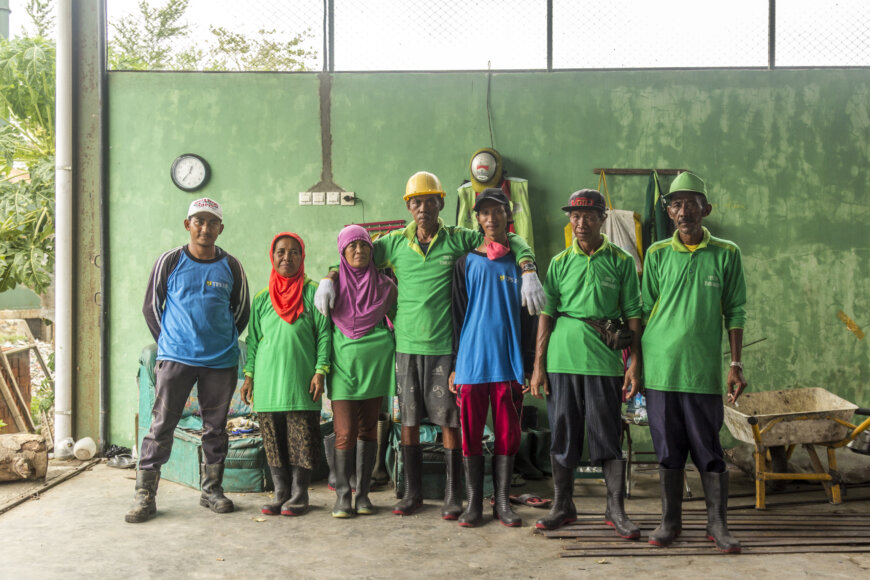
Project STOP Impacts
since its inception in 2017
-

608974
Population served with waste collection
-

269
Number of full time jobs created
-

84229
Metric tons of waste collected since inception
-

69172
Metric tons of environmental leakage stopped since inception
-

12847
Metric tons of plastic collected since inception
-

10581
Metric tons of plastic leakage stopped since inception
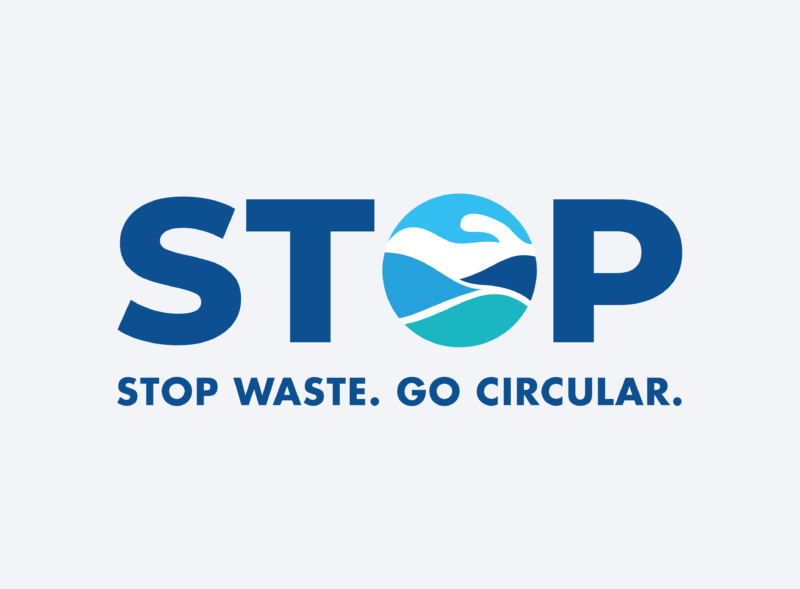
Project STOP
Visit the Project STOP website to learn more about the Project STOP approach, activities, and partners, and listen to the people’s voice.
Click here to find out more-
Ecopost: Driving Circular Economy in Kenya
Borealis also supports Ecopost, a social enterprise based in Kenya. The country which faces significant economic and environmental challenges, such as people living below the poverty line and the need to address waste management. Borealis and Ecopost share a common vision to stop waste leakage into the environment and to enhance circularity for a positive socio-economic and environmental impact.
Ecopost converts post-consumer waste into environmentally friendly plastic lumber used in various applications, such as fencing, road signs, outdoor applications like planter boxes, outdoor lights or benches. Borealis specifically supports capacity building, training and engaging more waste collectors, as well as formalization of their work by funding entrepreneurial start-up kits for the youth and women groups.
More information on this partnership can be found here.
